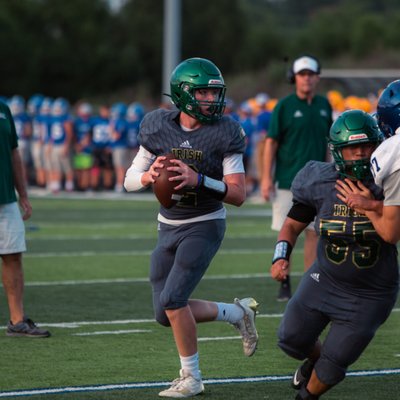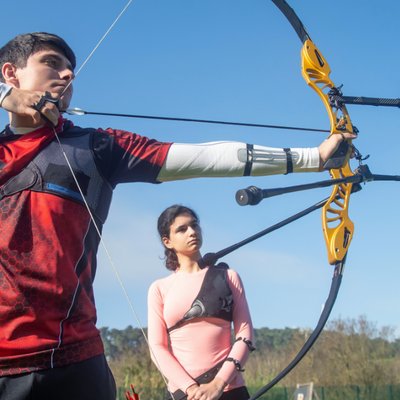How to ask and answer daily questions in English
In the ESL classroom, developing the ability to ask and answer daily routine questions is fundamental for language learners.
July 5, 2023

Building a strong vocabulary is essential for effective communication in English, and one area that can be both practical and enjoyable to learn is sports and activities.
Whether you are an ESL learner or a teacher, incorporating sports and activities vocabulary into your lessons can engage students and make the learning process more enjoyable. In this article, we will delve into various sports and activities vocabulary, provide ESL lesson plan ideas, and offer word lists and games to enhance your language skills.
Team sports are those in which players work together towards a common goal. Examples of team sports vocabulary include soccer (football), basketball, volleyball, and rugby. Soccer, also known as football in many countries, involves two teams aiming to score goals by kicking a ball into the opposing team's net. Basketball is a sport where two teams of five players each try to score points by shooting a ball through a hoop. Volleyball is a game in which two teams hit a ball back and forth over a net using their hands or arms. Rugby is a contact sport played with an oval ball, where two teams aim to score points by carrying, kicking, or passing the ball to the opponents' goal line.
Individual sports are activities in which a person competes alone or against others. Examples of individual sports vocabulary include swimming, tennis, golf, and gymnastics. Swimming involves moving through water using the arms, legs, or both. Tennis is a racket sport played between two individuals or teams using a netted court and a felt-covered ball. Golf is a game played on a course with the objective of hitting a small ball into a series of holes using various clubs. Gymnastics is a sport involving exercises to display physical strength, flexibility, balance, and coordination.

Outdoor activities are recreational pursuits that take place in nature or open spaces. Examples of outdoor activities vocabulary include hiking, camping, fishing, and rock climbing. Hiking is the activity of walking for long distances, especially in natural environments or mountainous areas. Camping involves setting up a temporary shelter, such as a tent, and staying outdoors overnight. Fishing is the activity of catching fish for sport or food, typically using a rod, line, and bait. Rock climbing is the sport or activity of scaling steep rock formations using ropes, harnesses, and specialized equipment.
Indoor activities are those that take place inside buildings or enclosed spaces. Examples of indoor activities vocabulary include chess, billiards, table tennis, and dancing. Chess is a strategic board game played on a square checkered board, involving two players moving pieces to capture the opponent's king. Billiards is a game played on a table with balls and cues, where players use a cue stick to strike balls and score points. Table tennis, also known as ping pong, is a sport in which two or four players hit a lightweight ball back and forth over a table using small paddles. Dancing is the activity of moving rhythmically to music, often as a form of artistic expression or social interaction.
To help you expand your sports and activities vocabulary, here is a list of common words and phrases:

If you are an ESL teacher, incorporating sports and activities vocabulary into your lesson plans can engage your students and make the learning process more enjoyable. Here are some ideas for ESL lesson plans focused on sports and activities:
Vocabulary Matching Game: Create flashcards with words related to sports and activities. Divide the class into teams and have them match the word with the corresponding picture or definition.
Role-Playing: Divide the students into pairs or small groups and assign each group a specific sport or activity. Encourage them to create dialogues or scenarios where they discuss their favorite sports, plan a day of activities, or talk about a recent sports event they attended.

Sports Survey: Have students conduct a survey among their classmates or family members about their favorite sports or activities. They can create questions, interview others, and present their findings to the class using the vocabulary they have learned.
Sports Vocabulary Relay: Create a relay race activity where each team has to run to a whiteboard and write down a sports-related word or phrase based on a given category. The team that writes the most correct words within a time limit wins the game.
To emphasize the significance of sports and activities, here are some interesting statistics:
By incorporating these word lists and games into your ESL learning routine, you can enhance your vocabulary skills while having fun. Remember to practice regularly and use the new words in context to improve your overall English language proficiency.